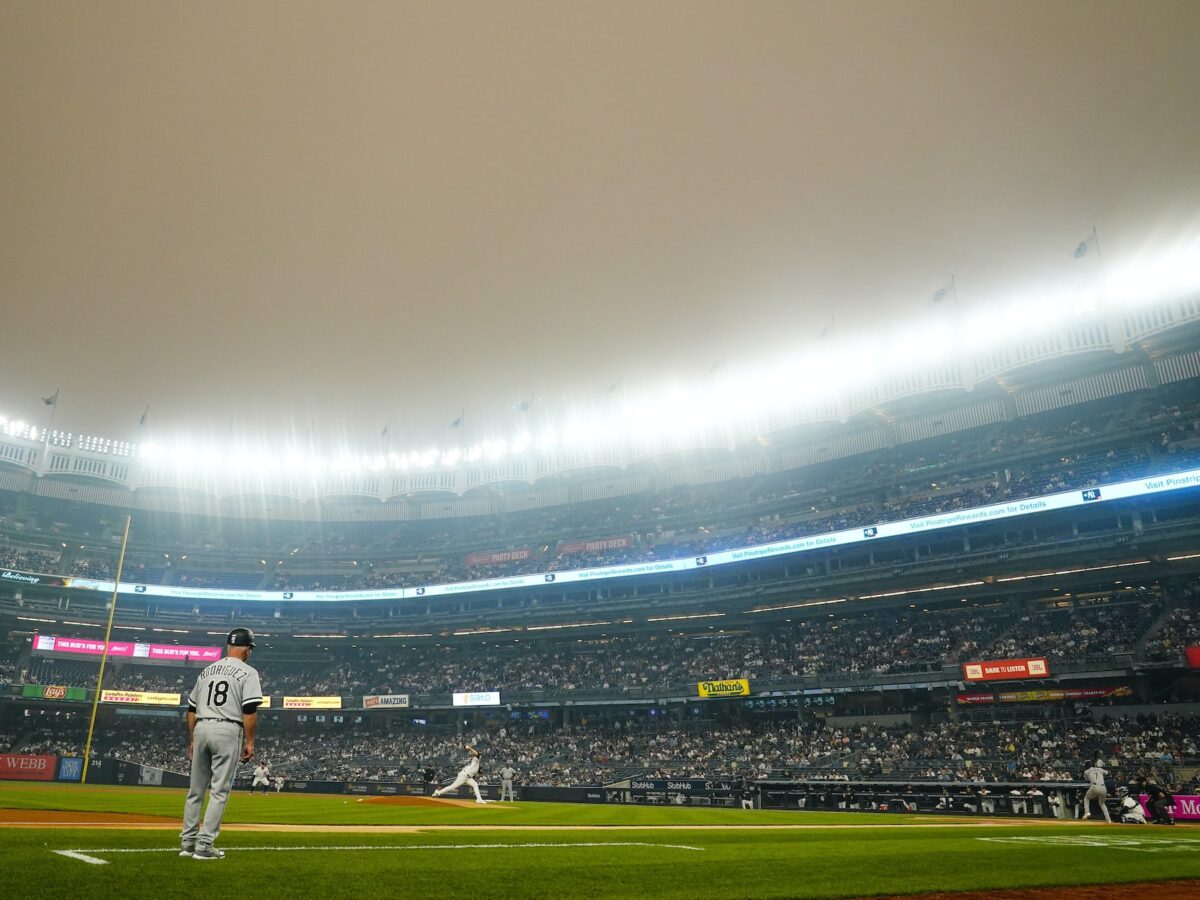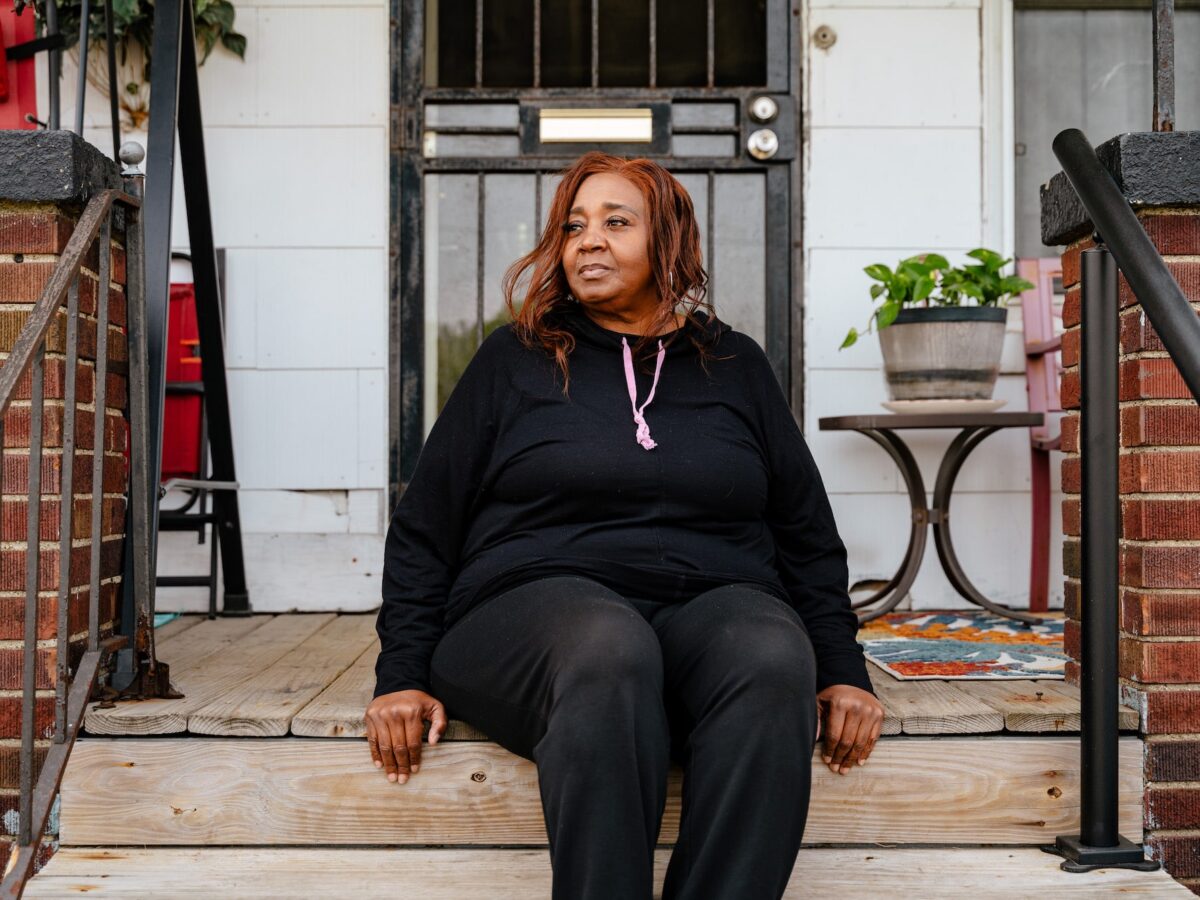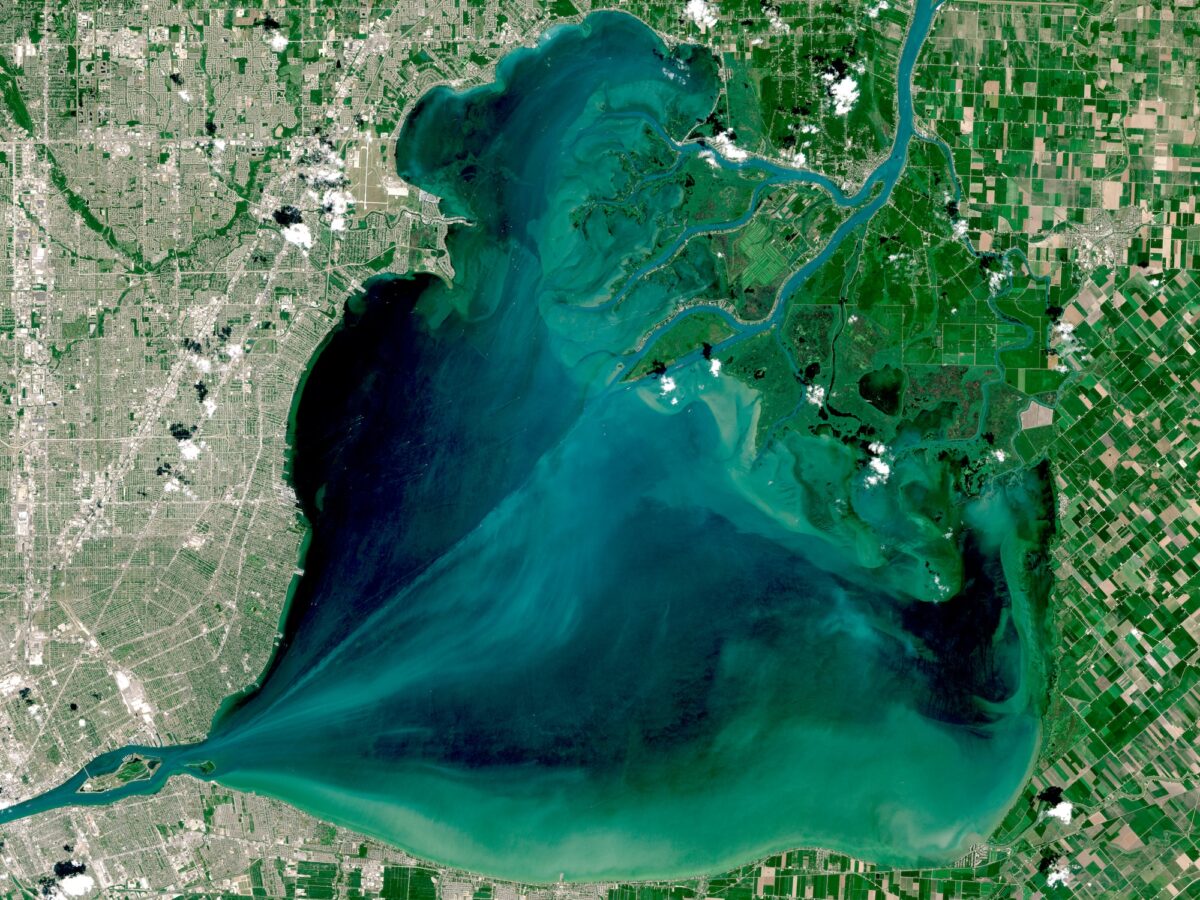Detroit officials met with residents Wednesday to answer some of the 28 questions about safety. Some residents say they still feel questions are unanswered.
OPINION: How Minnesota is winning on clean energy, and how Michigan can catch up
Minnesota advocates and legislators passed a transformative clean energy standard into law in the first few weeks of 2023. Unfortunately, Michigan is still back at the starting line.
Wildfire smoke can harm human health, even when the fire is hundreds of miles away – a toxicologist explains why
Chris Migliaccio a toxicologist at the University of Montana who studies the impact of wildfire smoke on human health, on the health risks people can face when smoke blows in from distant wildfires.
Planned implosion of Detroit’s incinerator has neighboring residents concerned
At dawn on Sunday, June 11, the smokestack of Detroit’s incinerator will finally come tumbling down.
Coalition to install free Wi-Fi in five Detroit parks
Grant funding from Detroit Pistons, Rocket Community Fund, and Knight Foundation supports initiative to bridge the digital divide and enhance park experiences for Detroiters.
What you need to know about Ozone Action Days in Metro Detroit
A Planet Detroit Climate Guide | Ground-level ozone is created when urban landscapes blend with industry, roadways, and hot days.
After 2 winters without heat, this Detroit resident got a new boiler with the help of pilot loan program
Michigan Saves’ Detroit Loan Fund ignores credit scores to expand loan access for energy improvements.
Coalition unveils initiative to build a network of community resilience hubs on Detroit’s east side
The initiative has received funding commitments totaling $2.7 million from local philanthropic organizations.
New pipe would send Grosse Pointe Park’s raw sewage into Lake St. Clair
An extreme emergency relief valve would prevent basement backups during heavy rains in Grosse Pointe but could threaten water quality downstream.
Legislators introduce bills to lift solar cap, restore net metering and establish ‘fair value tariff’ for distributed generation
Current state law requires utilities to purchase excess energy from residential solar owners for any power they send back to the grid up to 1% of the company’s average peak yearly load.










